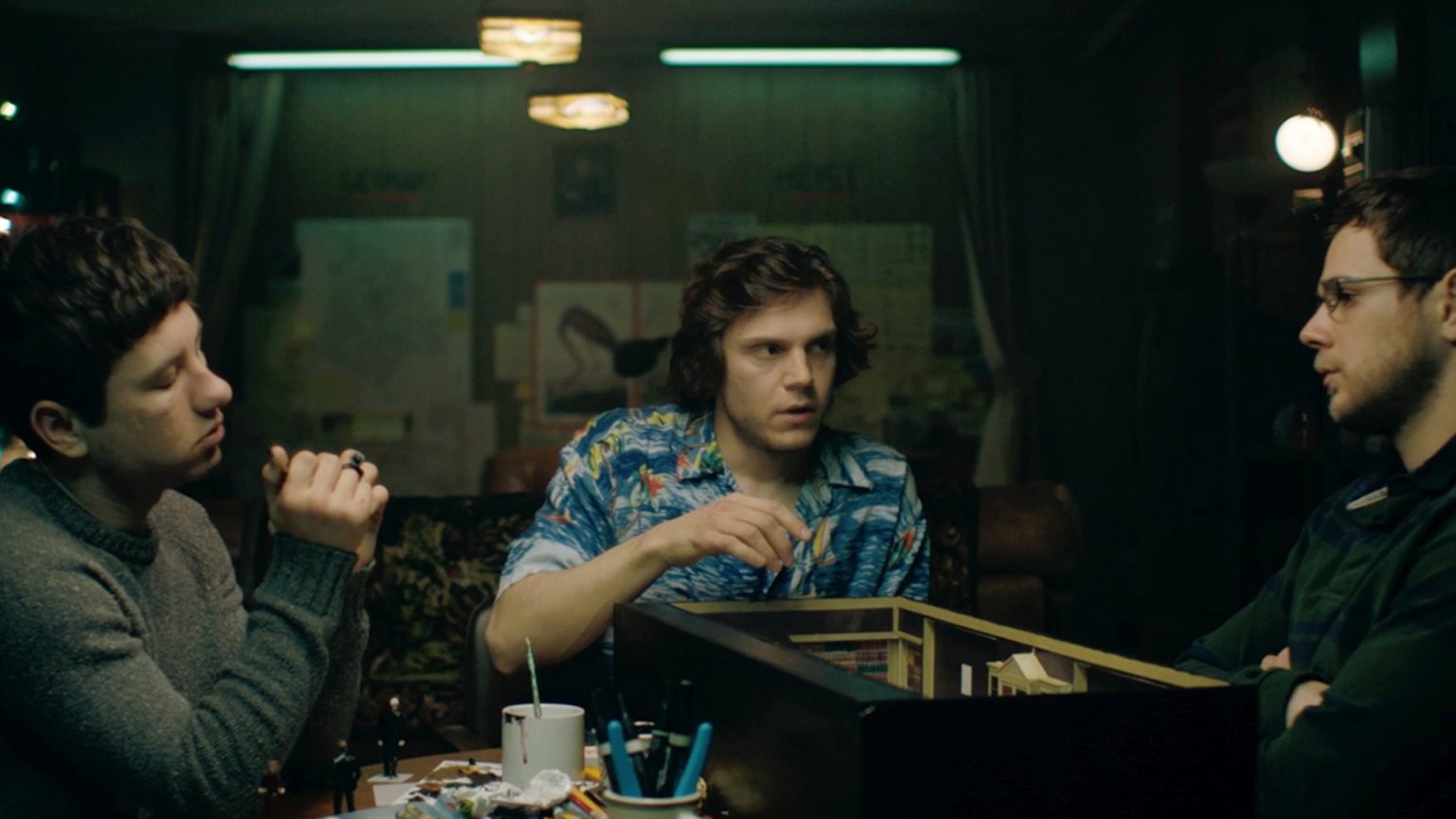“Truth is stranger than fiction, but it is because fiction is obliged to stick to possibilities; Truth isn’t,” author Mark Twain said in 1897. This adage suits Bart Layton’s Sundance-premiering American Animals perfectly, which is a blend of documentary and fiction that engages audiences with its unique storytelling.
Based on extraordinary real-life events—a 2004 rare book heist at Kentucky’s Transylvania University—the UK-based director’s second feature showcases his particularly original voice. Layton’s movie draws comparisons to Truman Capote’s mix of journalistic and literary style in the 1966 novel In Cold Blood, as it excellently manages to engage the viewer by mixing reality and fiction.
We spoke with Layton about the film and his take on how reality and fiction play out on the silver screen at the 2018 San Francisco International Film Festival.
Iñaki Fernandez de Retana: How did you get into the cinema?
Bart Layton: I studied languages but I always was interested in documentaries. There’s something about documentaries…you find yourself traveling, talking to people [that] normal life would never bring you into contact with. That for me is super exciting. I started making documentaries in the UK and The Imposter was one of those stories that you do not come across very often. A story that is totally extraordinary.
American Animals is an awesome true story.
Yes. With my second film, I wasn’t willing to completely leave the whole nonfiction thing behind because I was interested in this experiment of what could be a new way of telling a true story that you haven’t seen before.
It is a very unique mixture of documentary and fiction storytelling.
The intention is to engage the audience in a different way, to participate rather than just watch. You have real emotional investment because you know it’s true and these guys are real. You are not, like, just off in a movie where everything is safe and you suspend disbelief. Those nonfiction elements—I don’t describe them as documentary elements, they are nonfiction with the real guys—you are in it. You are like ‘Oh sh*t! Where is this going? What is gonna happen? How’s this gonna end?’ Things like this rare book heist only happen in the movies, [it] doesn’t happen in real life, right? But what if it did happen in real life?
How did you learn about it?
I read a very good story that was published in Vanity Fair Magazine about it. Initially, I was just interested to understand their motivation, so I started writing to them in prison. I sent them letters and they sent me letters full of unexpected detail about why they decided to do it. Each had different reasons. That was fascinating. They were all searching for an identity, doing this thing that would make them special. One of them talked very honestly in his letters about wanting to become an artist, saying that he felt he did not have what artists need—to have experienced something traumatic, a life experience that scars you. He wanted to become an artist and he didn’t know-how. He was seeking something that’d change his life.
In this hybrid of real and fictional, how do you direct the actors?
The actors wanted to get into the characters and spend time with the real guys. But I wanted to avoid that contact because I did not want the actors to start imitating them. They were ten years older since the robbery happened…they were totally different people. I did not want the actors to feel an obligation towards the real men, because if the real men would have said, for instance, that [the robbery] wasn’t that violent, they would have felt an obligation to play the characters a certain way, whereas I thought that they had to find their own version of the characters.
As you work on the fringes of reality and fiction, what’s your take on fake news?
There’s an idea that truth can be subjective, that people choose the version they want. Look at Trump. With all the revelations that come out about him, people who supported him are not interested in how corrupt he might be, they just think that he’s real because he is not a typical politician. So they think that gives him some kind of authenticity. The truth is that he’s anything but real, he’s completely…he’s a showman, he’s a bullshit artist. But that doesn’t seem to matter in the same way anymore. The next film I’m making is very much about that idea of people choosing the truth they want. They choose the version of a person. It has definitely a Trump kind of story at the heart of it.
Is it going to be a documentary? About an extraordinary true event again?
The next one will be a fictional story but I think it’s not as outrageous as these ones, even though it’s fiction. It’s like a dark, comic crime thriller set in the Deep South.




